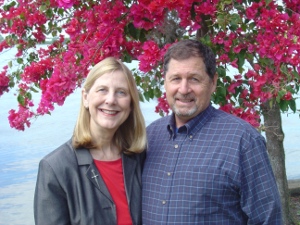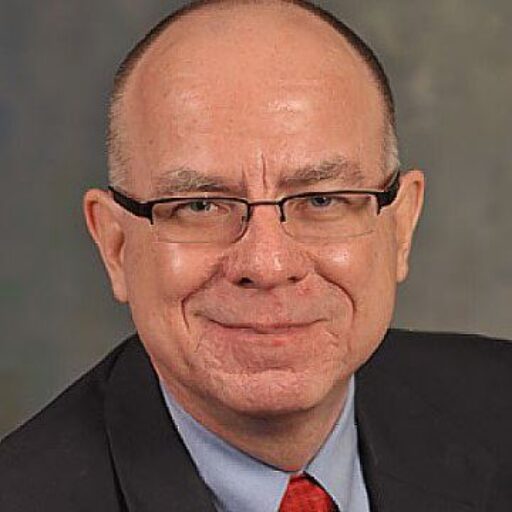 OK, maybe you’re like me. You’ve been told you need to do something with social media but simply don’t know where to start.
OK, maybe you’re like me. You’ve been told you need to do something with social media but simply don’t know where to start.
Sure, I did a bit of flirting with social media. I contributed less-than-heartfelt blog postings for various organizations, I even had a “vanilla” profile on LinkedIn and a Facebook page with a few family photos. Worst of all, though I originally signed up for Twitter in 2009, I had a measly 32 followers. For the entire three years, I sent out a total of 19 tweets. Pretty sad for a person who takes pride in being a user of the Internet since 1995!
Social Media Wake-up Call
The “wake up call” to step up my social media efforts came with the convergence of two events.
The first happened one day while I was online and doing a casual “vanity search” (in other words, I had just Googled my own name). To my surprise, I found lots of articles and book excerpts that I had written during my thirty year career in non-profit managementand consulting. I was alarmed to find that some pretty decent articles of mine had links that no longer worked! I realized that I had contributed a lot of content to my field and that some of it would be lost if I didn’t do something about it.
Recovering and Building My Non-profit Work with Social Media
My response was to create a portfolio web site that also enabled me to start my own blog. The 100+ articles I pulled off my own computer gave me some great content from the start. I even grabbed a few more that I didn’t have off the web. To complement the featured blog, I added pages with my professional experience, consulting projects I’d worked on and some recommendations from clients and colleagues.
Offering quality content online is vital. The new web economy is: “I give you something you want for free and if it is valuable to you, maybe you will actually buy something from me”. By providing truly useful information on topics I know a lot about, I showcase my expertise and show users what I can do for them. So, I have disciplined myself to continually add content to the site with a new blog posting at least once a week. This gives users a reason to come back while boosting my search engine rankings.
I still felt there was more I could be doing to market my web site and blog.
Growing My Non-profit Influence with Social Media
Soon after I did all of this, the second part of my “wake up call” came. Actually, it was a little like a digital slap in the face. A friend introduced me to Klout.com. The Klout Score is a measure of your online influence and is based on your ability to drive people to action. It uses data from social networks to measure how many people you influence, how much you influence them and the influence of your network. The average Klout Score is 20 and I discovered that mine was just 18! And here I thought I was such an influential guy. I was determined to raise my score.
My first step was to connect all of my social networks to Klout. Then I fired up my Twitter account. Twitter is a mini-blogging system with 140 characters allowed per “tweet”. I started with simple tweets, and the title of one of my online articles with a single sentence description. To stay within the allotted number of characters, I use the link shortening tool, goo.gl. I also subscribed to an online service that allows me to schedule my tweets up to a week in advance.
Twitter users normally Follow people who Follow them. So I began building my list of followers by following people who follow those who are similar to me. I also followed users my counterparts followed. Lastly, I used the search feature to find people tweeting about my areas of interest and expertise and followed them. There is a 2,000 user follow limit for new users. So I closely monitored the list of users I followed. I’ve usually deleted users who do not follow me within a week of my follow – that is, unless I want to keep receiving their tweets.
Using this approach, I added nearly 1,500 followers in my first month of rejuvenated Twitter activity.
In the process, I also beefed up my Facebook and LinkedIn profiles. I’ve joined a few LinkedIn groups organized around topics that interest me and I post to them regularly. The nice thing about the social media triumvirate of Twitter, Facebook and LinkedIn is that you can connect them all together.
My well-constructed tweets are automatically posting to both my Facebook wall and my LinkedIn profile. I use those tweets again by posting them to my LinkedIn groups. For a further connection, my Twitter activity is prominently displayed on my web site. By providing links on my web site to my pages on my social media hubs, users are able to connect and engage with me in a deeper way. I am also experimenting with Google+ and plan to integrate it into my other efforts eventually.
What was the result of all this activity? My Klout Score soared from 18 to 48 and I’m currently adding at least 50 new Twitter followers a day. I am also getting more friend requests from Facebook than ever; as well as many more requests to connect on LinkedIn. Activity on my portfolio site and blog has grown substantially. And most importantly, I am receiving good leads for my consulting business; which is what it was all about to begin with.
See my current Klout Score





